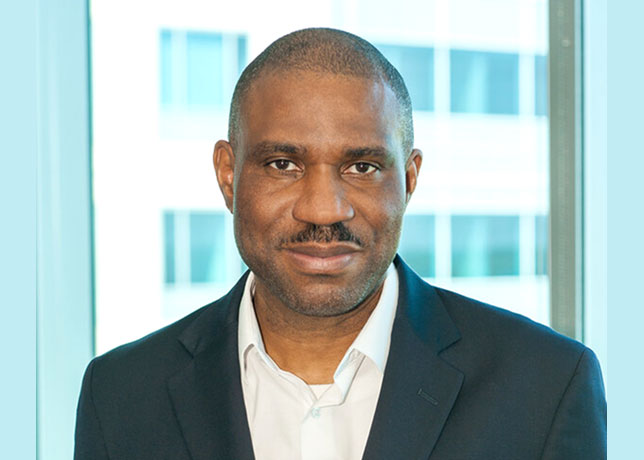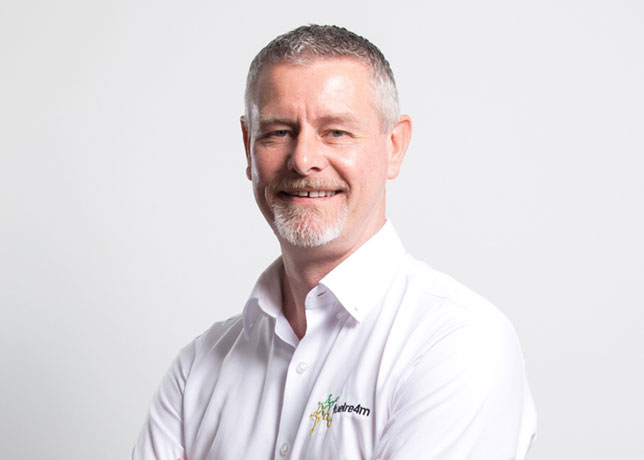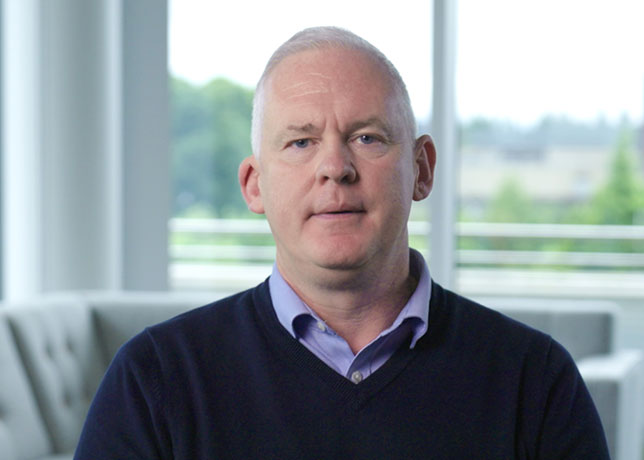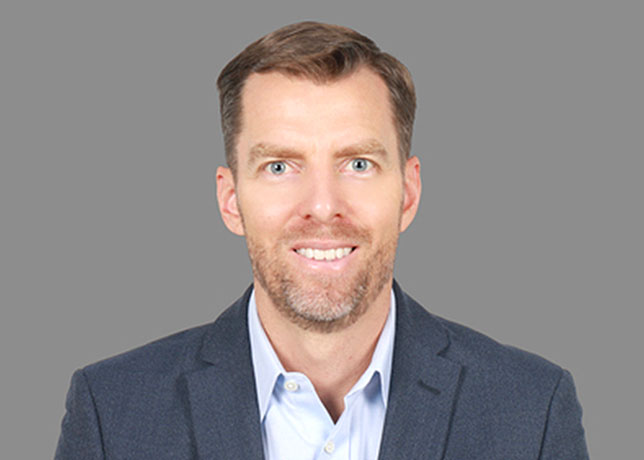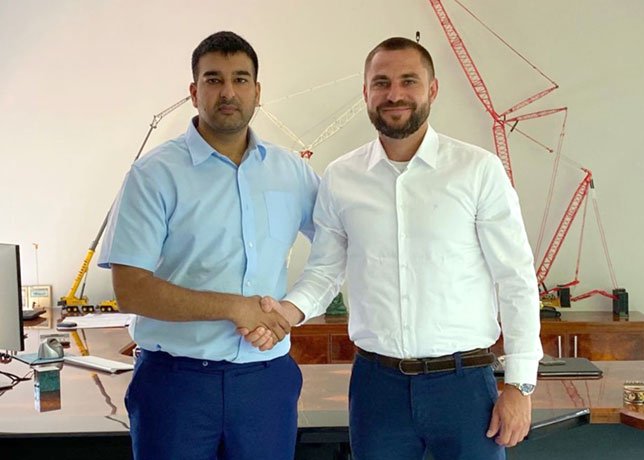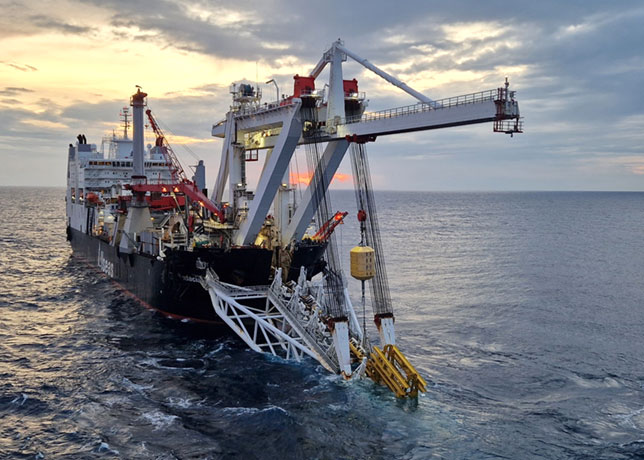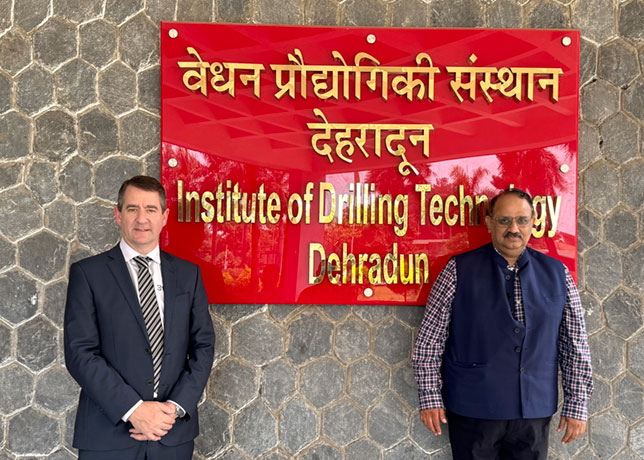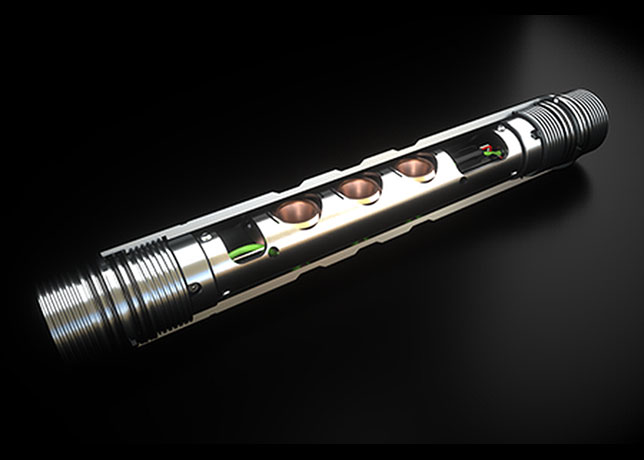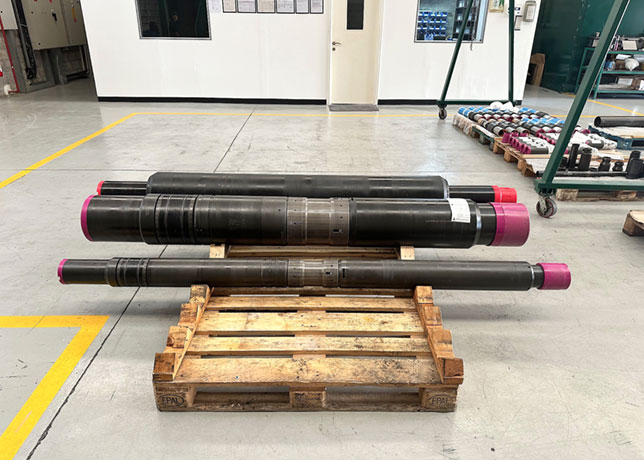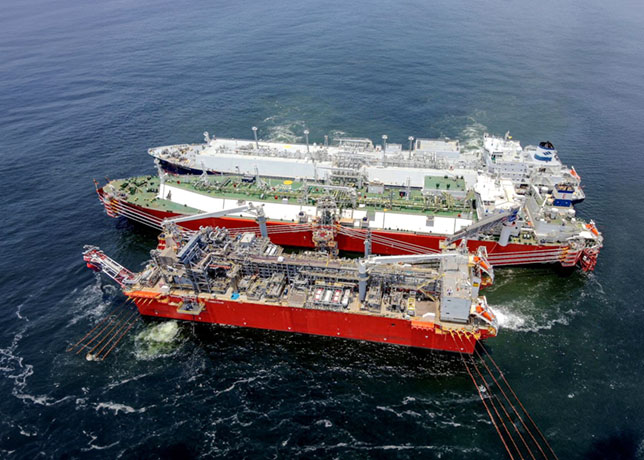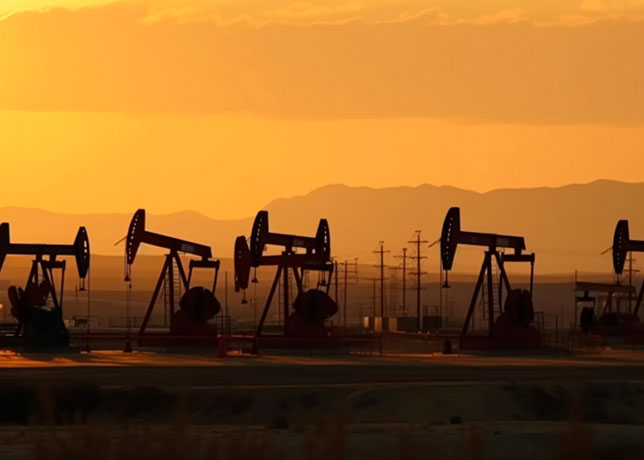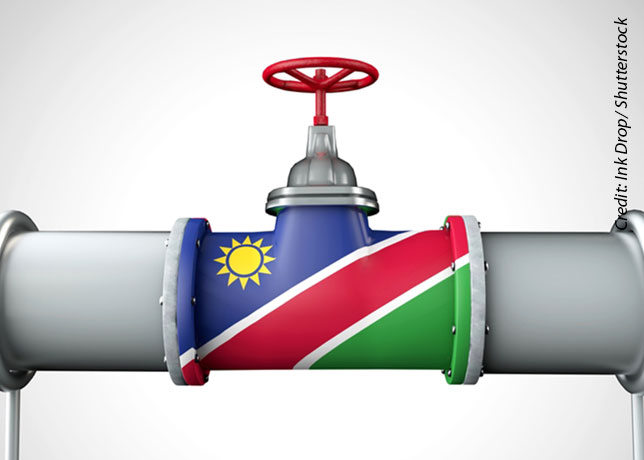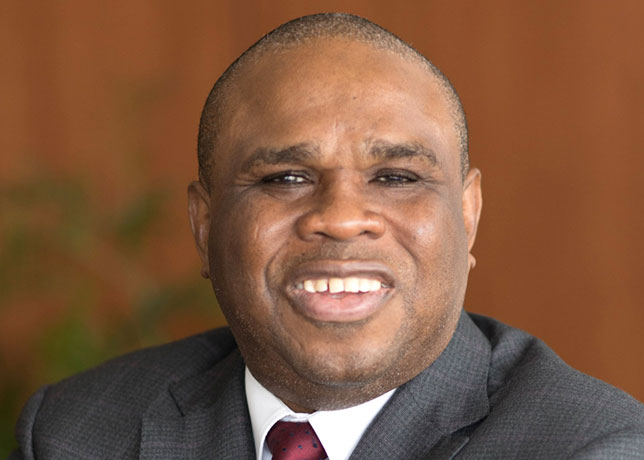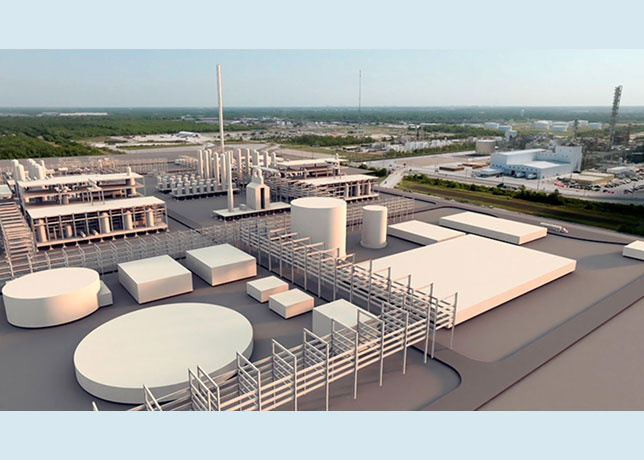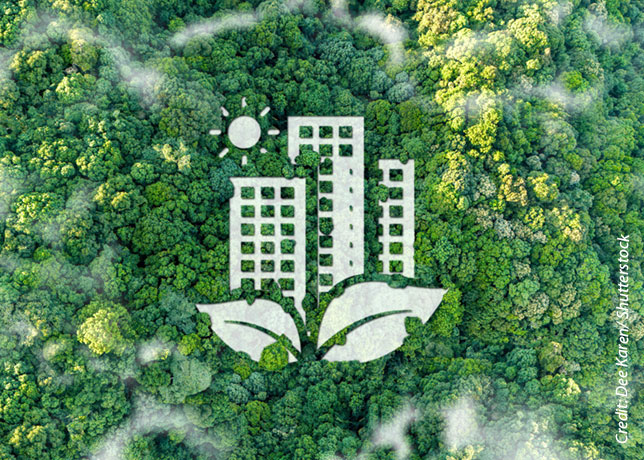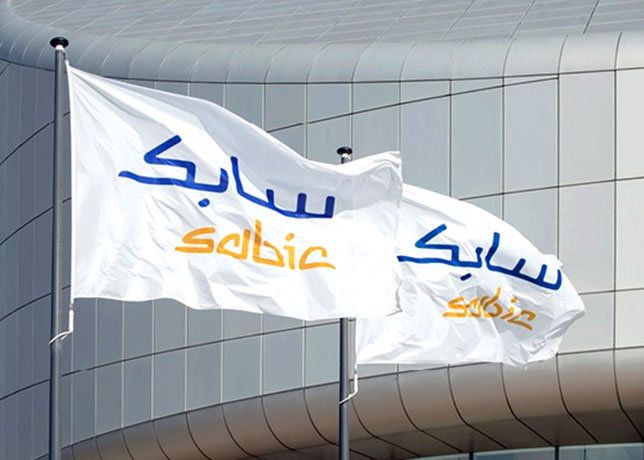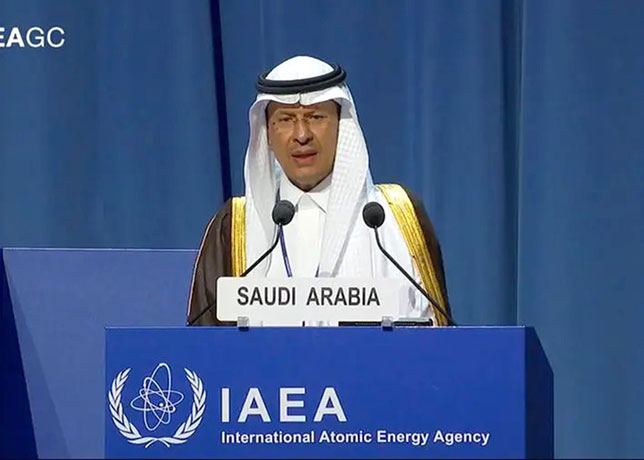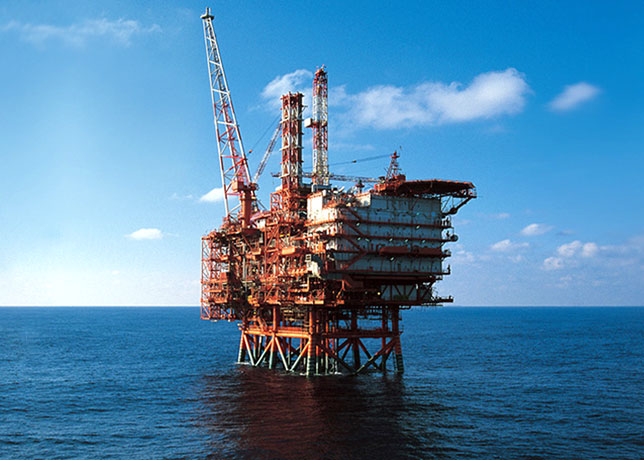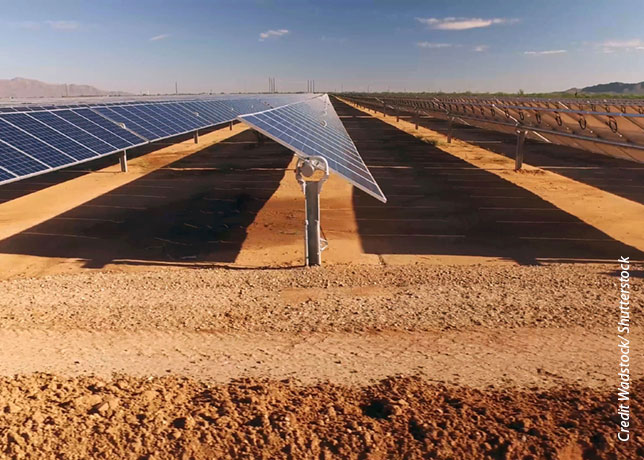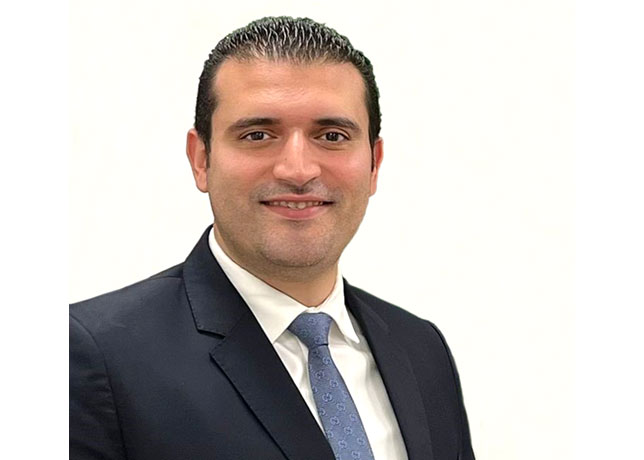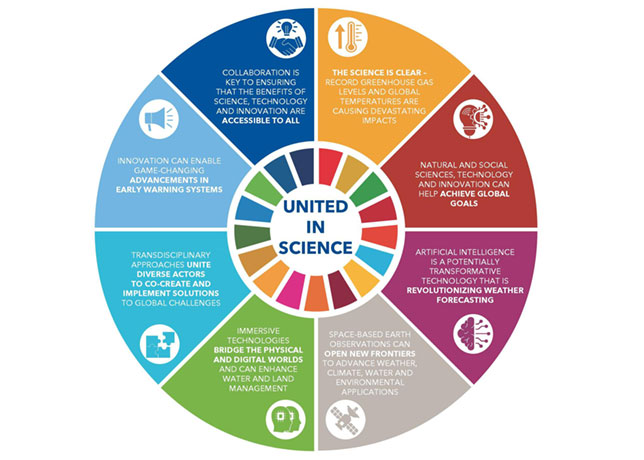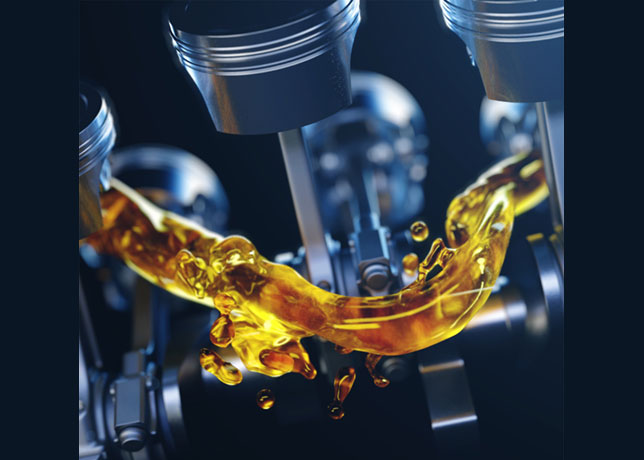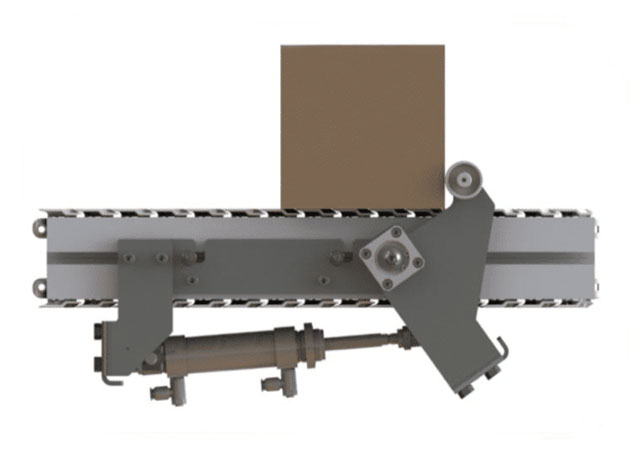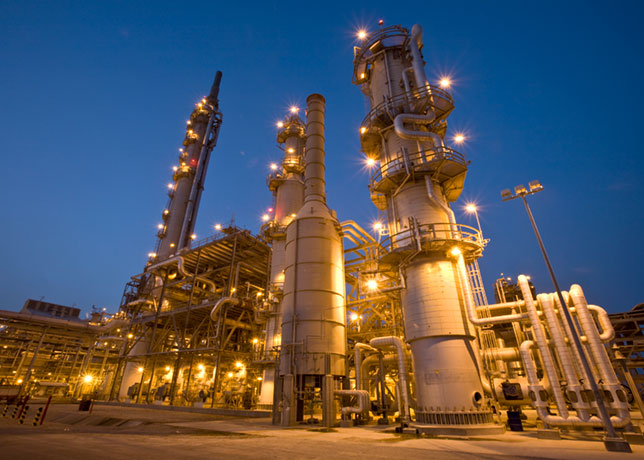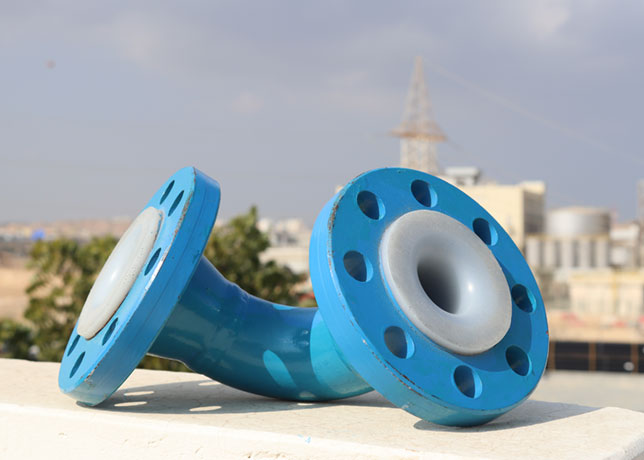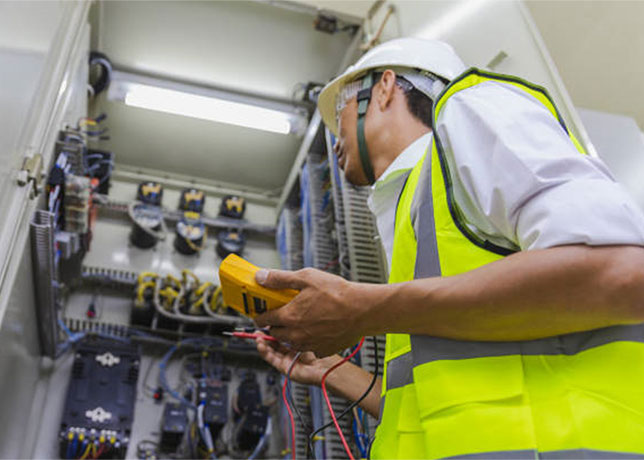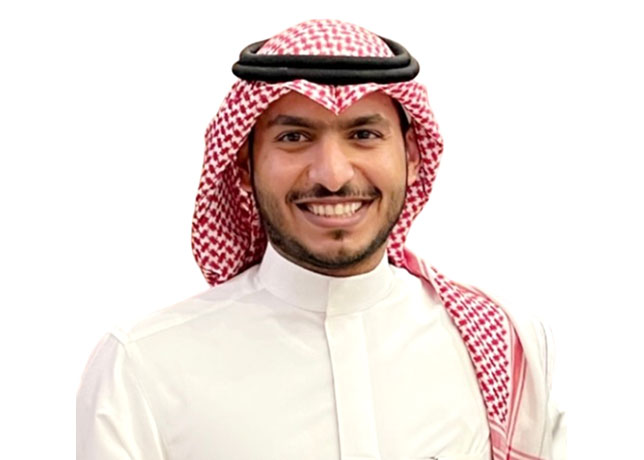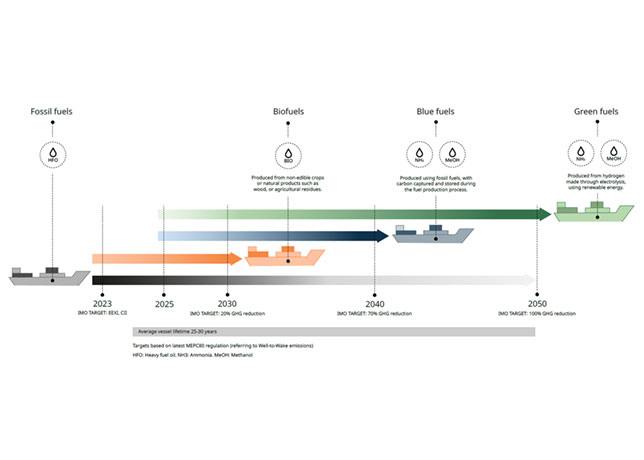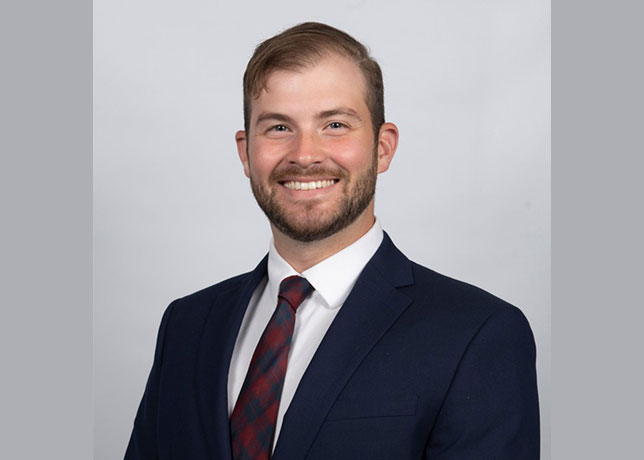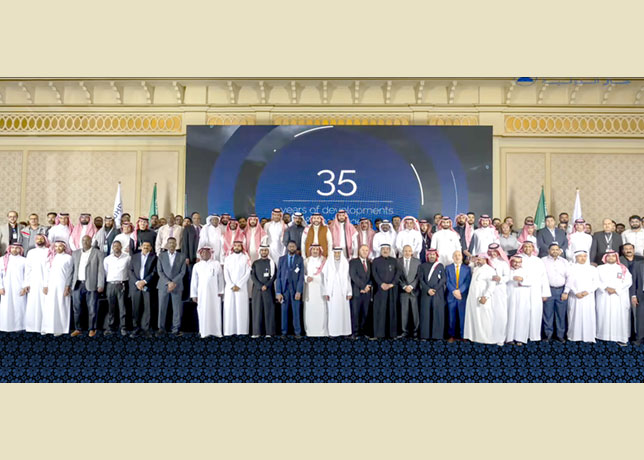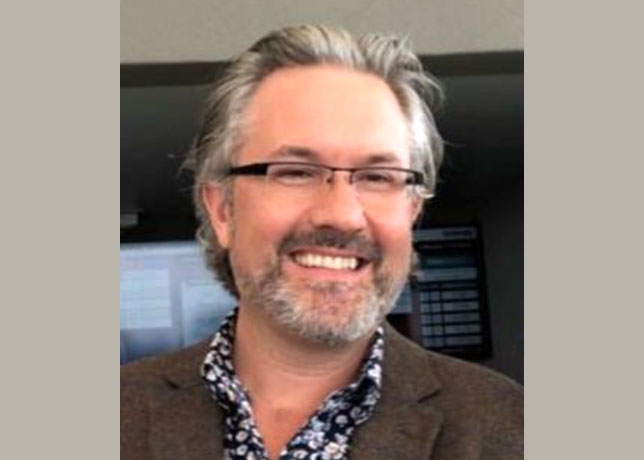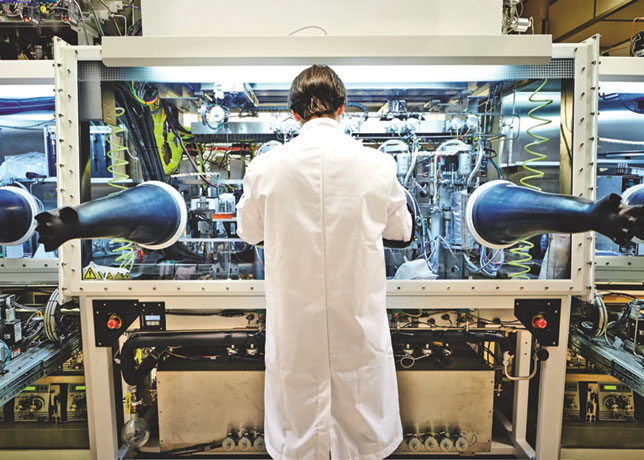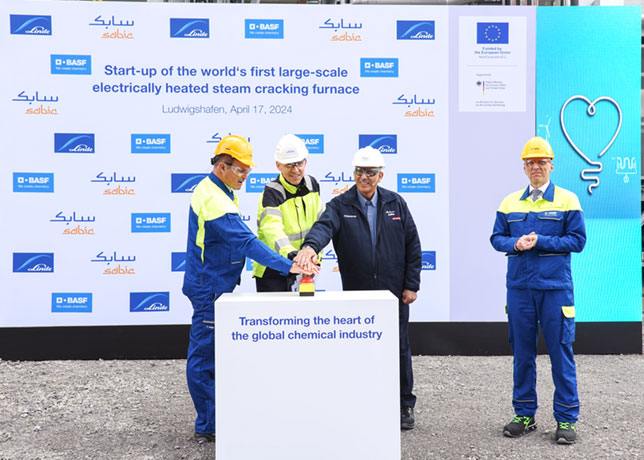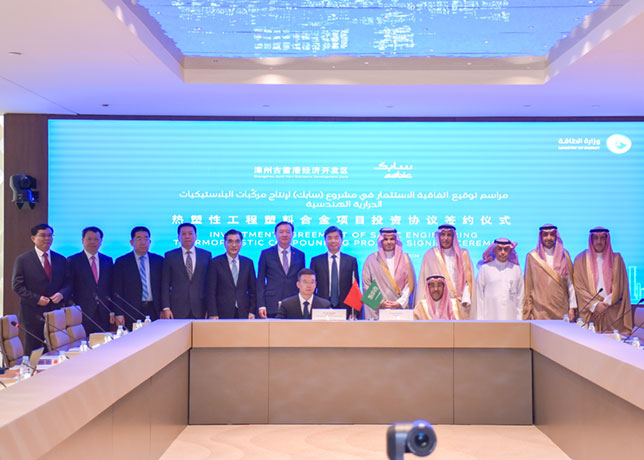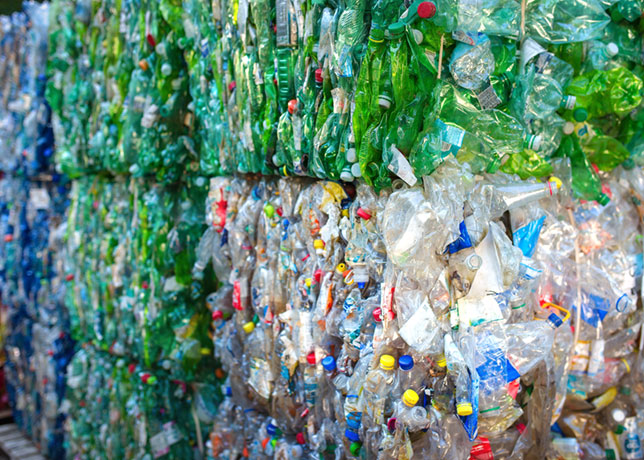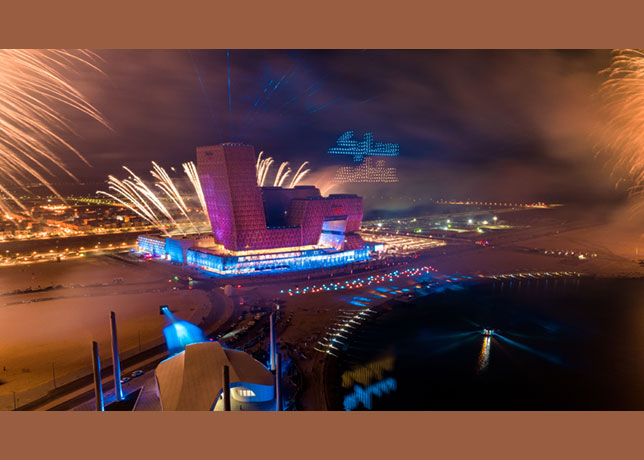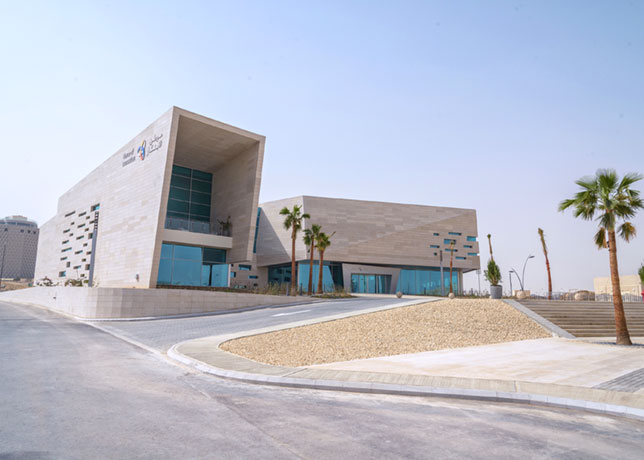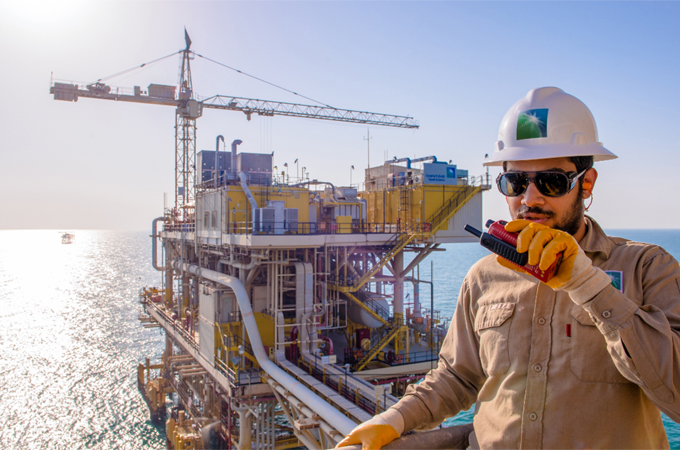 Aramco ha slow cost of production. Image courtesy: Aramco
Aramco ha slow cost of production. Image courtesy: Aramco
Saudi energy giant Aramco posted a net income of $30.1 billion for the second quarter (Q2) and $62 billion for the first half of this year (H1), the company has announced.
The figures compare with $48.4 billion for Q1 2022 and $87.9 billion for H1 2022, according to the company's financial statement.
The company delivered strong profitability and cash flows, enabled by low-cost production and high supply reliability, it said.
Cash flow from operating activities was $33.6 billion in Q2 and $73.3 billion in H1; Free cash flow1 was $23.2 billion in Q2 and $54.1 billion in H1.
Aramco said Q1 2023 base dividend of $19.5 billion was paid in the second quarter, up 4% year-on-year, and Q2 2023 dividend of $19.5 billion will be paid in the third quarter.
The company intends to distribute performance-linked dividends over six quarters from Q3 2023. First distribution of approximately $9.9 billion in Q3 2023, based on combined full-year 2022 results and half-year 2023 results.
It said upstream oil and gas developments are on track, including the Marjan, Berri, Dammam, and Zuluf crude oil increments, as part of broader capacity expansions.
The downstream growth strategy is advancing with the award of engineering, procurement and construction contracts for the $11 billion Amiral petrochemicals complex.
It said accredited lower-carbon ammonia shipments were dispatched to key markets, supporting development of decarbonisation options.
Aramco President & CEO Amin H Nasser said: “Our strong results reflect our resilience and ability to adapt through market cycles. We continue to demonstrate our long-standing ability to meet the needs of customers around the world with high levels of reliability. For our shareholders, we intend to start distributing our first performance-linked dividend in the third quarter.
“At Aramco, our mid to long-term view remains unchanged. With a recovery anticipated in the broader global economy, along with increased activity in the aviation sector, ongoing investments in energy projects will be necessary to safeguard energy security.
“We are maintaining the largest capital spending programme in our history, with the aim of increasing our oil and gas production capacity and expanding our Downstream business — with petrochemicals projects, such as our $11 billion expansion of the Satorp refinery with TotalEnergies, essential to meet future demand.
“At the same time, we remain optimistic about the potential for new technologies to reduce our operational emissions, and our recent blue ammonia shipments to Asia highlight the growing market interest in the potential of alternative, lower-carbon energy solutions.” -TradeArabia News Service




